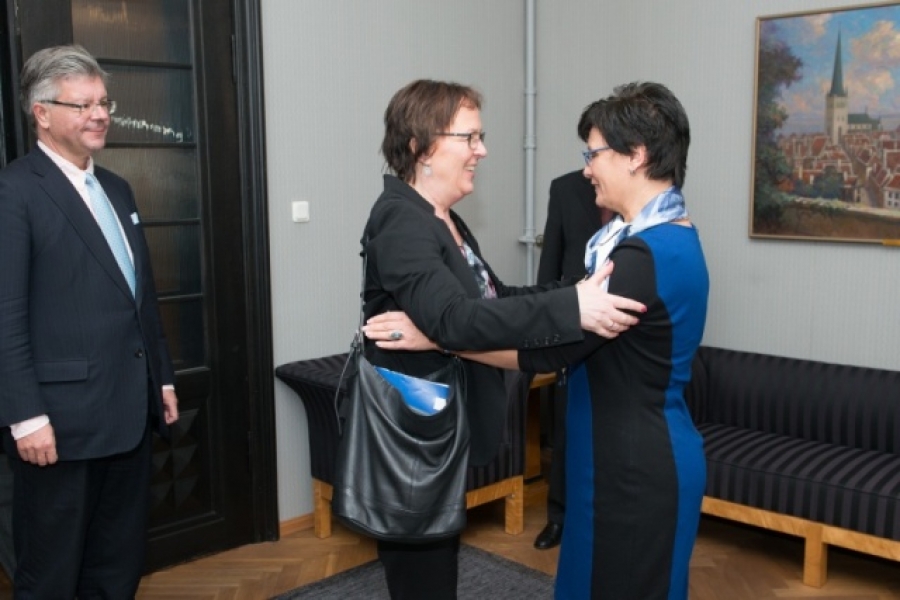Wallmark said at the meetings that when it comes to Nordic-Baltic cooperation it is important to focus on Ukraine rather than Russia. Chairman of the Committee on Foreign Affairs of the Parliament of Latvia Ojārs Kalniņš agreed: "We must not let the events in Crimea allow us to forget the need to help the parliament in Kyiv function in a democratic manner."
"With Russia's aggression in Eastern Ukraine and the incorporation of Crimea, the security situation throughout Europe has changed," said Randjärv via the Riigikogu Press Service. "European democracies must stick together and support one another in this international crisis. The best security guarantee for Estonia is its membership of and active participation in international organisations, especially the European Union and NATO, as well as close cooperation in the region between the Nordic countries and Baltic States."
Randjärv added that Russian propaganda must not be allowed to generate a climate of fear. "Panicking is pointless and has no place in our lives," she said. "We must keep a close eye on events in Russia and be ready to react quickly and adequately, where necessary."
The prevailing opinion at the meeting was that Russia's military aggression in Crimea under the pretext of protecting ethnic Russians has created a dangerous precedent. Forceful distribution of Russian passports to increase the number of Russian citizens in the territory of another country is also unacceptable.
Randjärv said that the situation in Estonia cannot be compared to that in Ukraine. The ethnic minorities represented here are used to living in the cultural space of Europe and have no need or wish to re-orientate.
Randjärv emphasised that Estonia wants to reduce the number of stateless people in the country. "Every person who lives permanently in Estonia has the right to apply for Estonian citizenship," she explained. "The procedure for this has been simplified over the years. The new government is planning to grant automatic Estonian citizenship to 1000 children both of whose parents are without citizenship, unless the parents submit an application otherwise." Randjärv added that people aged 65 and over will only have to pass an oral citizenship exam instead of the current oral and written ones.
The Nordic Council, established in 1952, is the official form of cooperation between the Nordic parliaments. It has 87 members from all five Nordic countries and three autonomous regions – the Åland Islands, the Faroe Islands and Greenland.
The Nordic Council of Ministers was established in 1971 for official cooperation between governments. In spring 1991 it opened offices in Estonia, Latvia and Lithuania to support the Baltic States.

